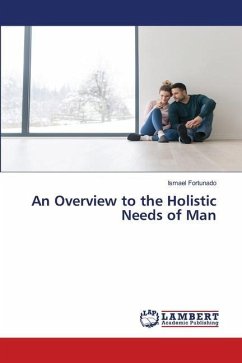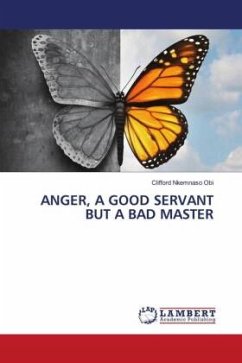
The Enactment of FEAR in Conversations-Gone-Bad at Work
Neuroscience and CMM communication theory show fear as co-constructed action and the culprit in relationship challenges
Versandkostenfrei!
Versandfertig in 6-10 Tagen
53,99 €
inkl. MwSt.

PAYBACK Punkte
27 °P sammeln!
This book addresses the counterproductive enactment of fear in workplace relationships. The conceptualization at the heart of this study s tutorial intervention draws primarily on CMM communication theory and the neurobiology of fear. Findings reveal the transformative value of seeing fear as a co-constructed action and the culprit behind unresolved or persistent conflict. All participants reported making new meaning of difficult situations and almost all used their new perspectives to reduce conflict and misunderstanding and/or restore broken relationships. They reported being less reactive a...
This book addresses the counterproductive enactment of fear in workplace relationships. The conceptualization at the heart of this study s tutorial intervention draws primarily on CMM communication theory and the neurobiology of fear. Findings reveal the transformative value of seeing fear as a co-constructed action and the culprit behind unresolved or persistent conflict. All participants reported making new meaning of difficult situations and almost all used their new perspectives to reduce conflict and misunderstanding and/or restore broken relationships. They reported being less reactive and defensive, less frustrated, overwhelmed, and angry, while reporting being more clear-minded, understanding, compassionate, calmer, and empathetic. Some reported major transformations in long-standing troubled relationships at work and at home, too. Findings suggest this educational approach to be cost-effective for leadership development programs, management training, and any organizational initiative tasked with reducing conflict and poor communication and/or increasing collaboration and cooperation.












